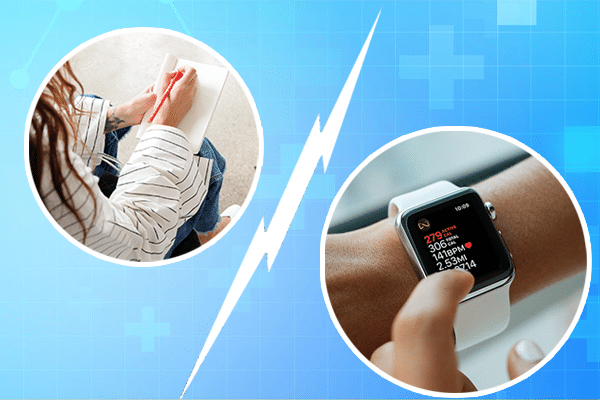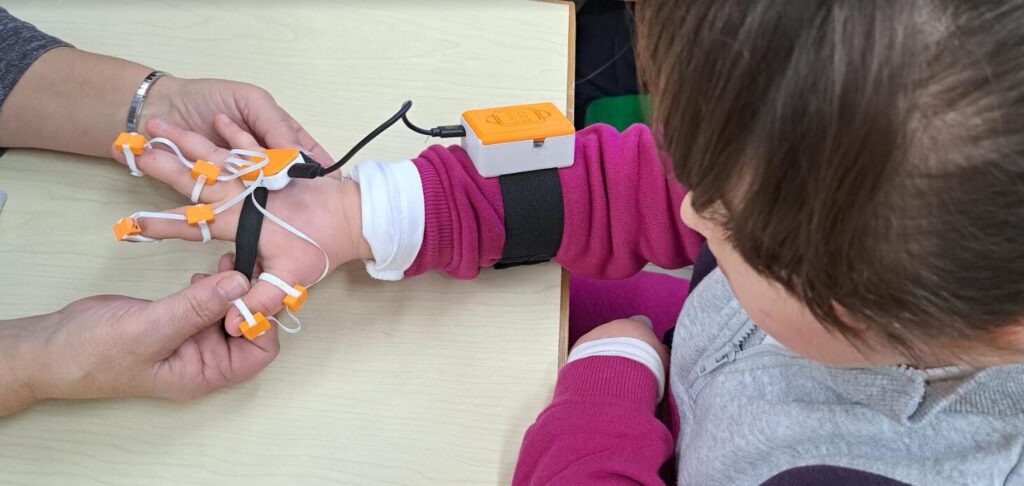
Michael Joe Cini
11th March 2021
Digital health tools can help reduce obesity, research review finds
New research review shows that tracking weight loss with digital health tools can help reduce obesity
The research review, appearing in the journal Obesity (the Obesity Society’s flagship journal) found that weight loss can be tracked effectively with digital health tools, with the possibility of reducing obesity.
Upon reviewing past data on 39 trials that employed self-monitoring, the authors of the new research found that tracking weight loss progress using digital technology surpassed those who used paper-based methods.
Participants of the study implemented these digital health technologies to track their weight:
- websites: 66%
- apps: 33%
- wearable devices: 16%
- e-scales: 12%
- SMS texts: 12%
- personal digital assistants: 3%
- interactive voice response technology: 3%
Furthermore, a positive correlation was found for weight loss with 74% of interventions, including digital self-monitoring. Moreover, this didn’t differ between verticals of self-monitoring such as weight, exercise, diet, or a mix of these.
Additionally, the authors highlighted that the higher engagement rates with passive digital technologies (such as wearable monitoring devices) had higher engagement over active technology (such as apps). This is due to its ability to integrate simply into ones daily routine.
Authors of the study wrote:
Longer intervention duration tempered this relationship, however, suggesting that self-monitoring may be less effective for weight loss over time either because engagement declines or because rates of weight loss slow despite similar degrees of engagement,
Source: Medical News Today






